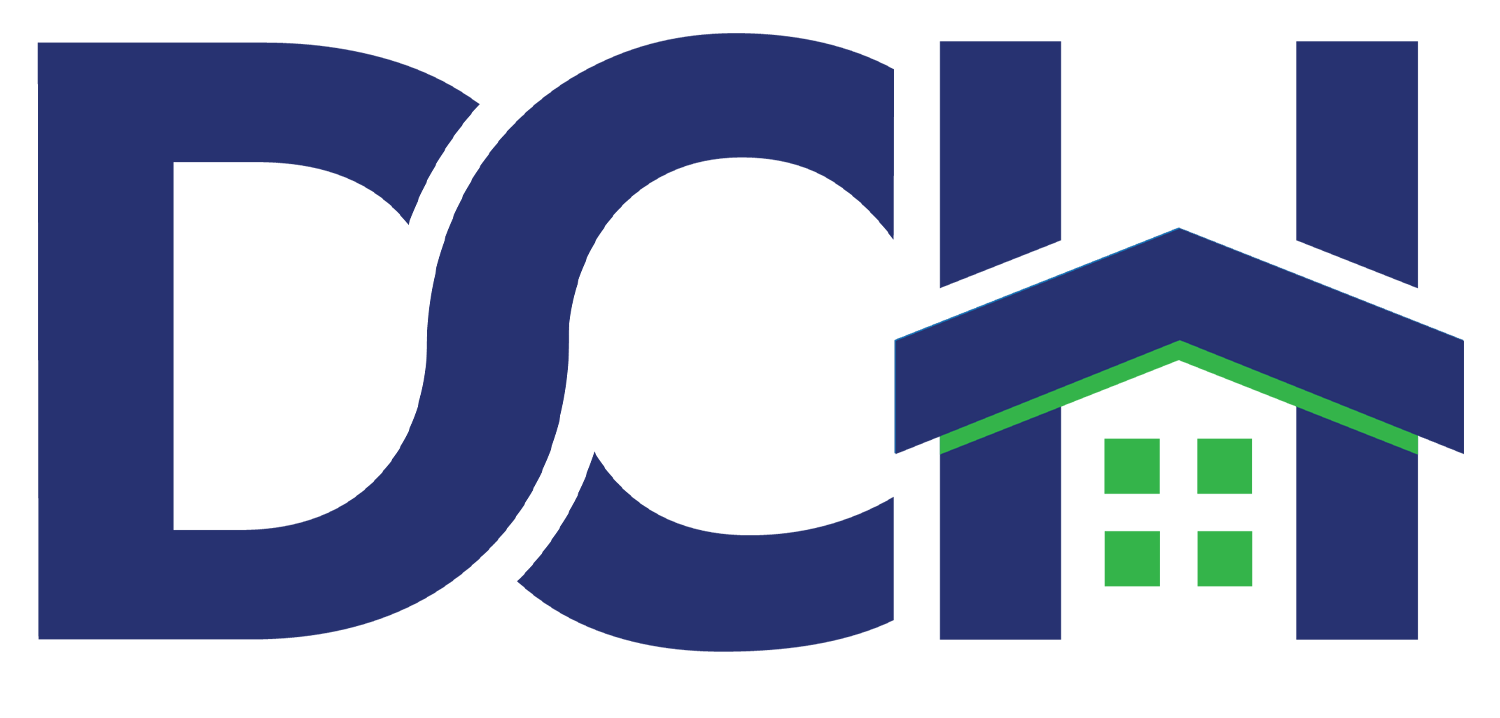Empowering Dallas Developers to Support Low to Moderate Income Earners in Gentrifying Areas: A Blueprint for West Dallas
We discussed the development of West Dallas last week and this historical context can servea as a reminder of the challenges faced by its residents, in terms of affordable housing and gentrification. As developers, it is crucial that we understand this history and actively contribute to creating equitable development plans for the area. By fostering mixed-use housing, preserving affordability, and maintaining the cultural heritage and sense of community, we can ensure that West Dallas thrives while also remaining accessible to middle to low-income earners.
West Dallas was primarily an agricultural area in the 19th century, and like many American cities, it changed dramatically with the introduction of railroad lines. The area witnessed periods of industrial expansion and contraction and its’ residents, largely comprised of laborers absorbed the pressures of the job market, in many cases struggling to maintain homes. West Dallas homeowners were unable to benefit from funding directed at alleviating labor and housing pressure,due to systemic redlining, and also were subject to discriminatory lending practices. In the past two decades, however, the area is experiencing a renaissance.
Revitalization efforts in West Dallas have brought many positive changes, however, there is a pressing need to address the challenges of gentrification and the subsequent rise in property values. Areas such as Trinity Groves, near the Margaret Hunt Hill Bridge, have seen a surge in property prices, making it increasingly unaffordable for long-time residents. We have a responsibility to contribute to the sustainable and inclusive development of West Dallas. Here are some strategies to assist middle to low-income earners in becoming homeowners and preserving affordability:
Assisting Low to Moderate Income Earners: Strategies for Equitable Development
Mixed-Income Housing: The construction of mixed-income housing developments that offer a range of affordable housing options, alongside market-rate units ensures diversity within the community and prevents the exclusion of low-income earners.
Affordable Housing Initiatives: Where there is collaboration between local government agencies, nonprofits, and community organizations to support affordable housing initiatives, including subsidies, down payment assistance programs, and financing models, homeownership for middle to low-income earners is within reach.
Community Engagement: Community engagement where residents actively participate in decision-making processes helps shape development plans that meet the needs of all residents.
Workforce Development: Partnerships between local educational institutions and vocational training programs to empower residents with the skills and opportunities needed for employment, and support the local job market. A skilled workforce strengthens the economic resilience of the community.
Preservation of Existing Housing: Rather than solely focusing on new developments, investing in adaptive reuse of property including preservation and rehabilitation of existing housing stock, allows residents to remain in their homes and ensures that affordable housing options are available.
Dallas Developers have the opportunity to shape the future of West Dallas in an equitable and sustainable way. By engaging with the community, prioritizing affordability, and implementing strategies that support and empower middle to low-income earners, we can preserve the cultural heritage, protect affordability, and develop inclusively. Join DCH and other Dallas area developers and strategic partners in increasing accessibility to housing in West Dallas.

